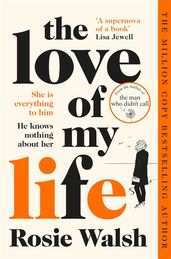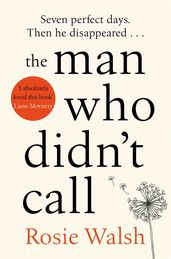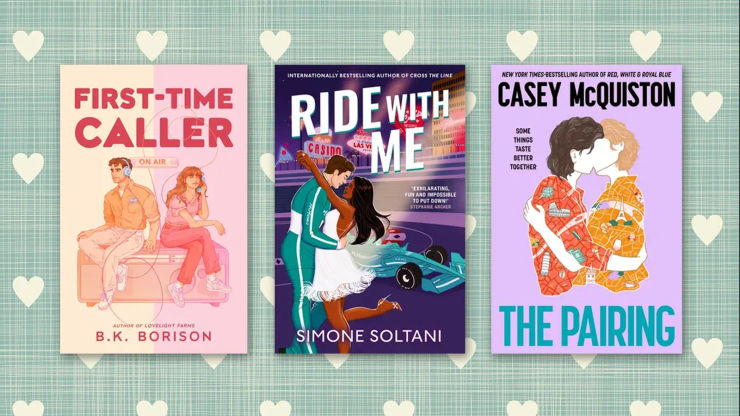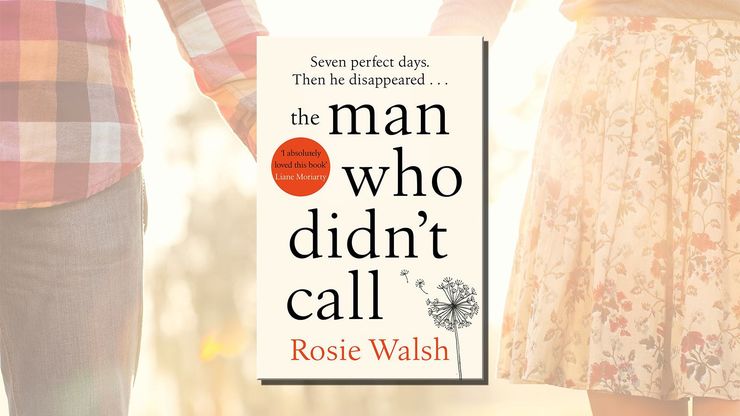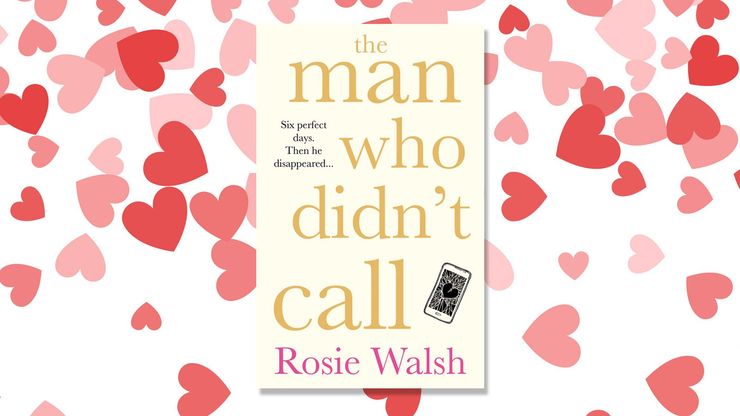Rosie Walsh
Rosie Walsh has lived and travelled all over the world, working as a documentary producer and writer. Her previous novels, The Man Who Didn't Call and The Love of My Life, were international bestsellers and have sold over two million copies worldwide. The One Day You Were My Husband is her third novel. She lives in Devon with her partner and two children.

